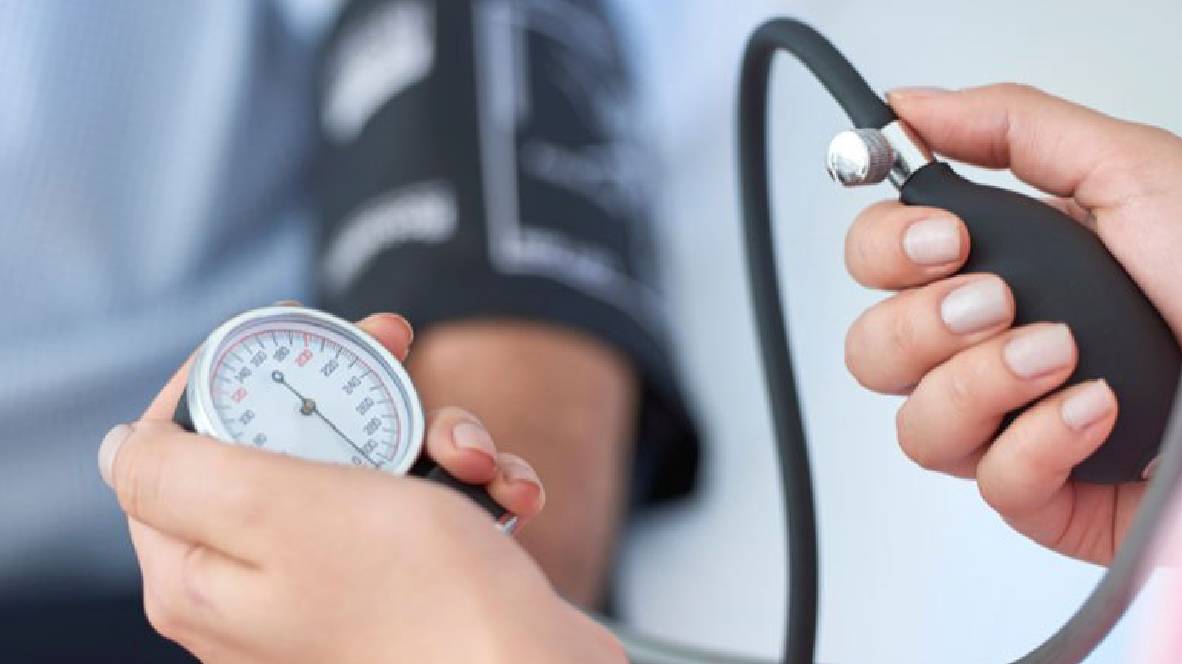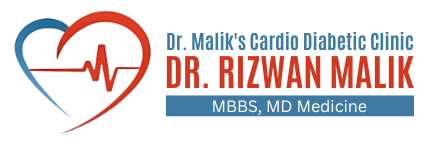Blood Pressure

Blood pressure management is crucial for preventing complications such as heart disease, stroke, and kidney damage. It involves regular monitoring and lifestyle modifications, as well as medication when necessary.
Blood pressure is the force of your blood pushing against the walls of your arteries. Each time your heart beats, it pumps blood into the arteries. Your blood pressure is highest when your heart beats, pumping the blood.
Typical Cases
- Hypertension (High Blood Pressure): Often asymptomatic but can lead to serious conditions like heart disease and stroke if untreated.
- Hypotension (Low Blood Pressure): Can cause dizziness and fainting.
Symptoms and Management
- Hypertension:
- Symptoms: Often none, but can include headaches, shortness of breath, and nosebleeds.
- Management: Lifestyle changes (diet, exercise, reducing sodium), medications (diuretics, ACE inhibitors, beta-blockers, calcium channel blockers), and regular monitoring.
- Hypotension:
- Symptoms: Dizziness, fainting, blurred vision, and nausea.
- Management: Increasing salt intake, drinking more water, wearing compression stockings, and medications to raise blood pressure.
Monitoring
- Home Monitoring: Patients are often encouraged to monitor their blood pressure at home using automated devices.
- Clinical Monitoring: Regular check-ups in a healthcare setting to measure blood pressure and assess treatment efficacy.
Lifestyle Modifications
- Diet: A heart-healthy diet such as the DASH (Dietary Approaches to Stop Hypertension) diet, which is rich in fruits, vegetables, whole grains, and low-fat dairy.
- Exercise: Regular physical activity, such as 30 minutes of moderate-intensity exercise most days of the week.
- Weight Management: Achieving and maintaining a healthy weight through diet and exercise.
- Sodium Reduction: Limiting sodium intake to less than 2,300 mg per day.
- Alcohol Moderation: Limiting alcohol consumption to moderate levels.
Medications
- Diuretics: Help eliminate excess sodium and water from the body.
- ACE Inhibitors: Relax blood vessels by inhibiting the formation of a hormone that narrows blood vessels.
- Beta-Blockers: Reduce the workload on the heart and open blood vessels.
- Calcium Channel Blockers: Relax the muscles of the heart and blood vessels.
- Angiotensin II Receptor Blockers (ARBs): Block the action of a hormone that causes blood vessels to constrict.
